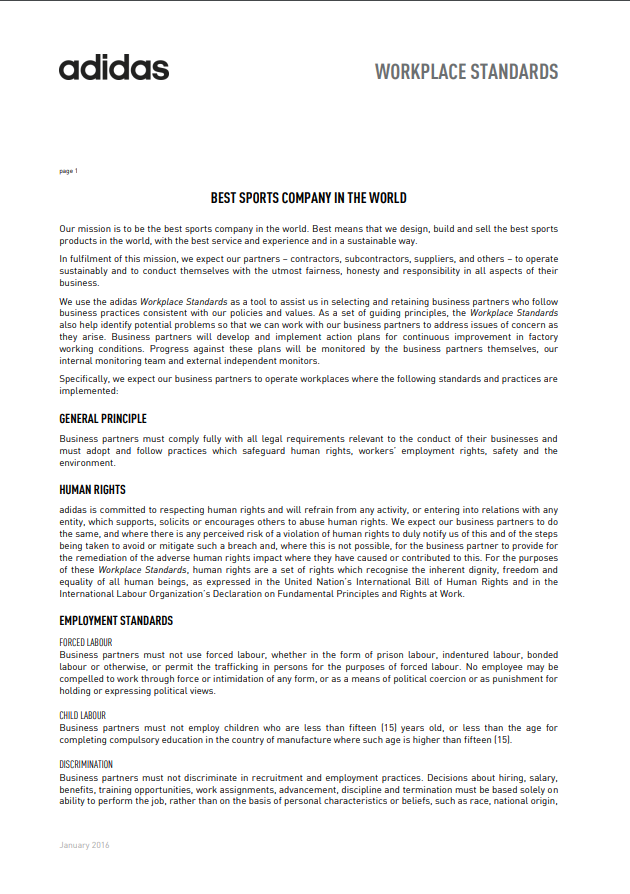Employing Workers’ Sense of Value as a Key Performance Indicator (KPI) to Drive Facility Improvement in Social Responsibility
Good PracticesWhile many brands have gathered worker feedback to increase engagement, when closely examined, the efforts have tended to be brand-centric with workers’ interests often overlooked or marginalized in favor of supply chain risk management. The findi...Read More

